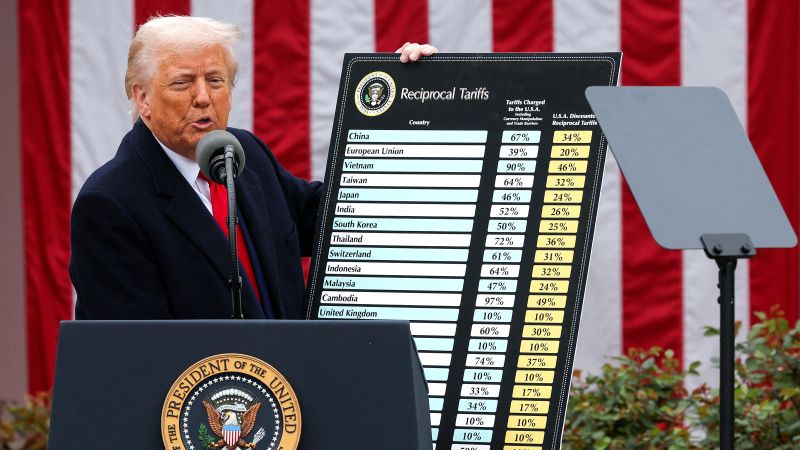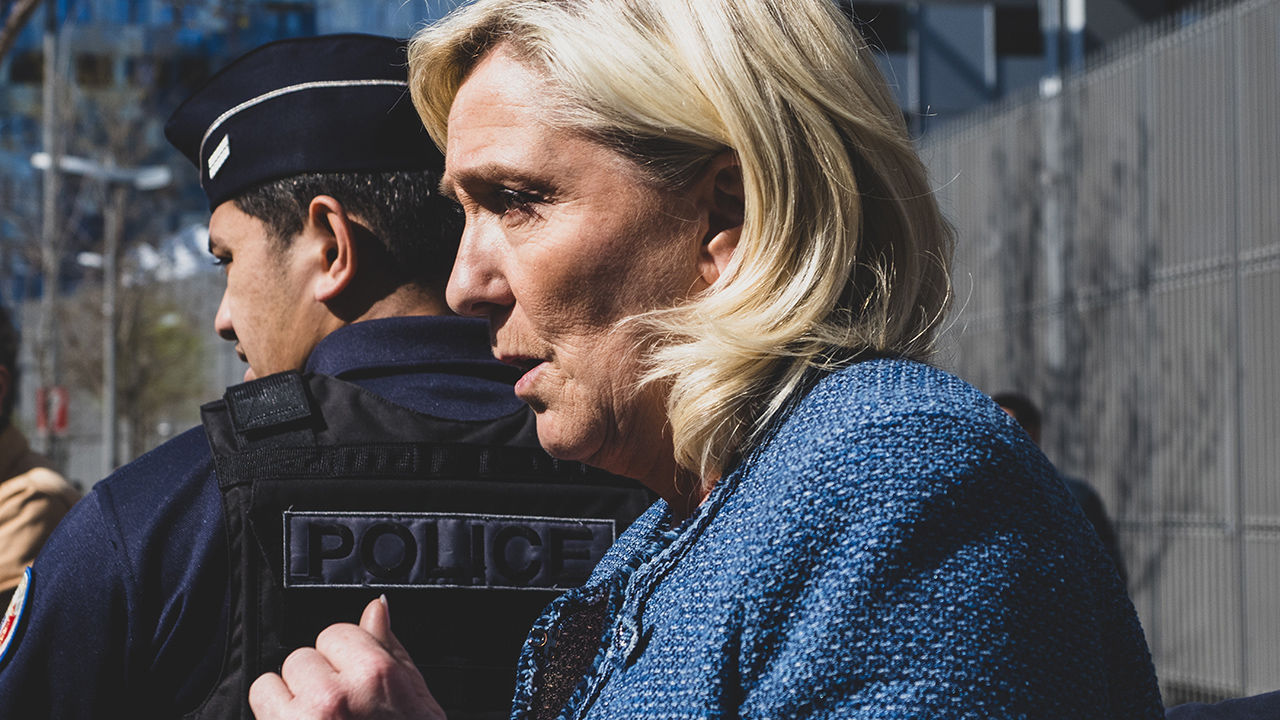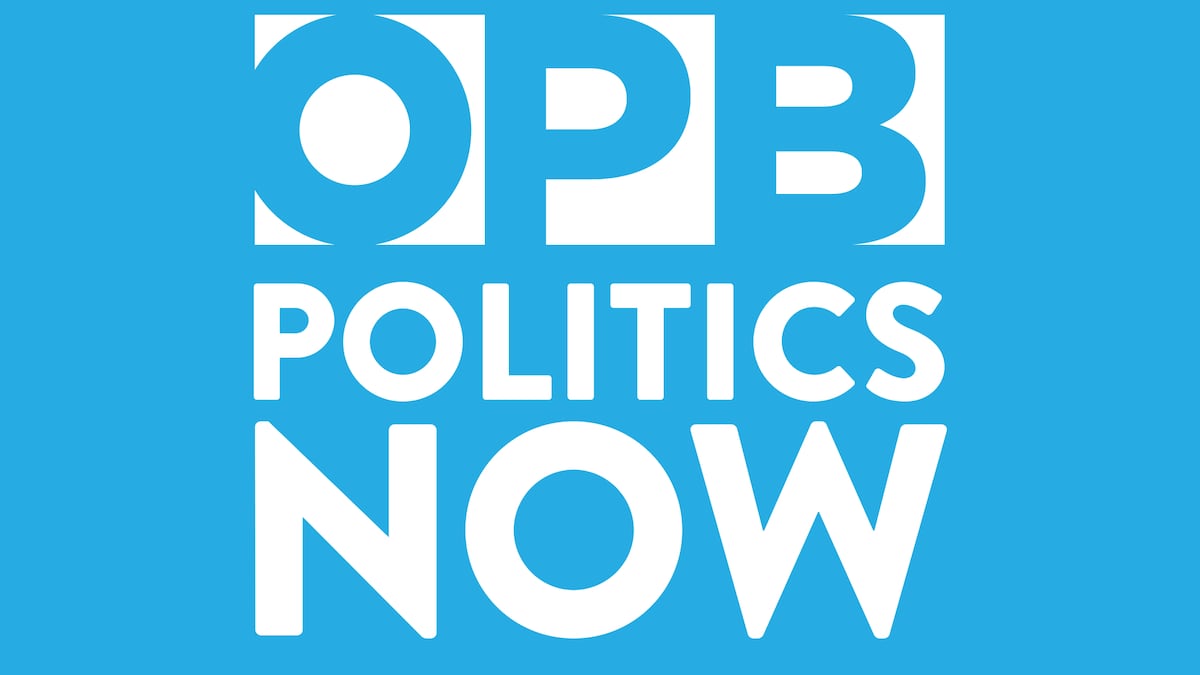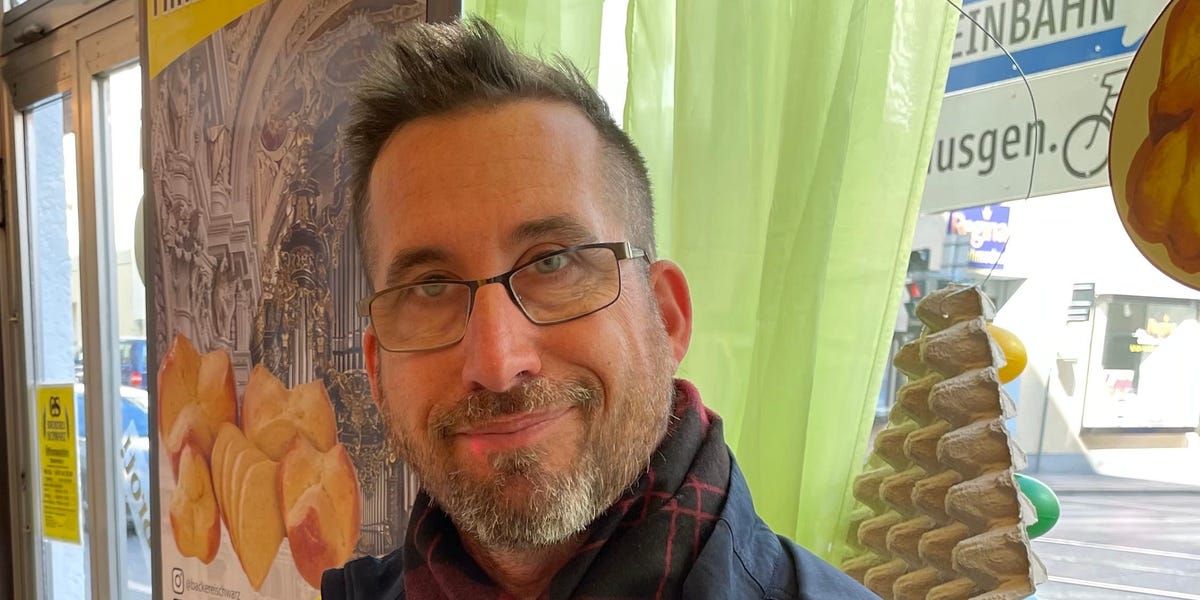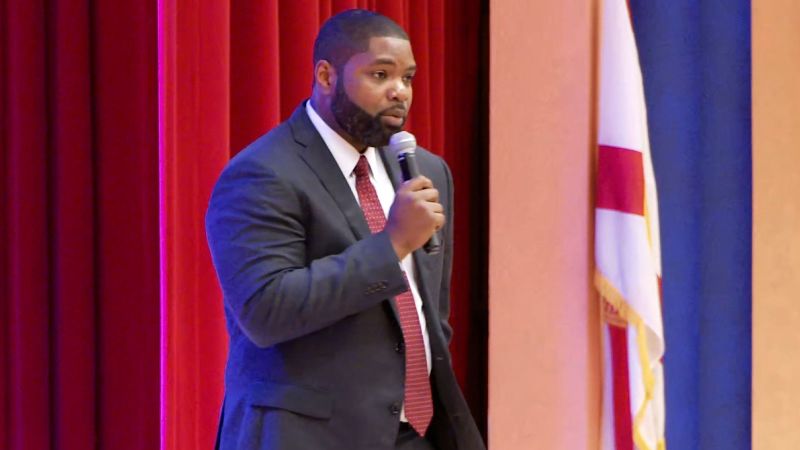Nuclear Diplomacy Shift: U.S. Envoy Signals Flexible Approach in Iran Negotiations
Politics
2025-04-15 11:27:22Content
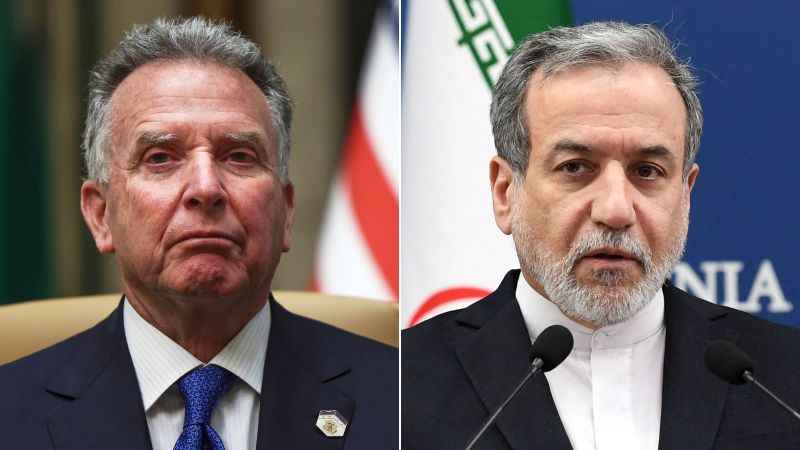
In a significant diplomatic statement, US envoy Steve Witkoff signaled a nuanced approach to Iran's nuclear program. Rather than demanding complete dismantlement, he emphasized that future negotiations would focus on rigorous verification measures. This strategic shift suggests a more pragmatic diplomatic stance, prioritizing transparency and monitoring over absolute elimination of Iran's nuclear capabilities.
Witkoff's comments indicate a potential openness to dialogue, highlighting the complex geopolitical landscape surrounding Iran's nuclear ambitions. By concentrating on verification, the United States appears to be seeking a more collaborative and constructive path forward in managing international nuclear concerns.
Diplomatic Tensions Escalate: US Envoy Signals Nuanced Approach to Iran's Nuclear Program
In the intricate landscape of international diplomacy, the United States continues to navigate the complex relationship with Iran, focusing on strategic negotiations that could potentially reshape geopolitical dynamics in the Middle East. The recent statements by US envoy Steve Witkoff highlight a nuanced approach to addressing Iran's nuclear capabilities, signaling a potential shift in diplomatic engagement.Unraveling the Diplomatic Chess Game: A Critical Moment in US-Iran Relations
The Evolving Diplomatic Strategy
The United States has adopted a sophisticated approach to Iran's nuclear program, moving beyond traditional confrontational tactics. Steve Witkoff's recent comments reveal a strategic pivot that emphasizes verification over complete dismantlement. This approach represents a significant departure from previous hardline stances, suggesting a more nuanced diplomatic engagement that seeks to create sustainable dialogue and potential compromise. Diplomatic experts argue that this strategy reflects a deeper understanding of the geopolitical complexities surrounding Iran's nuclear capabilities. By focusing on verification mechanisms, the United States aims to establish a framework of transparency and accountability that could potentially de-escalate tensions while maintaining strategic oversight.Verification as a Diplomatic Instrument
The emphasis on verification represents a critical shift in diplomatic negotiations. Rather than demanding an immediate and complete cessation of nuclear activities, the US is proposing a more measured approach that allows for ongoing monitoring and assessment. This strategy acknowledges the intricate technical and political challenges inherent in nuclear negotiations. Intelligence analysts suggest that this approach provides multiple advantages. It creates opportunities for continued dialogue, allows for incremental progress, and maintains diplomatic channels open while protecting international security interests. The verification-focused strategy demonstrates a sophisticated understanding of diplomatic engagement that goes beyond binary confrontation.Geopolitical Implications and Regional Dynamics
The nuanced approach to Iran's nuclear program has far-reaching implications for regional stability and international relations. By prioritizing verification over complete dismantlement, the United States signals a willingness to engage in constructive dialogue while maintaining a firm stance on nuclear non-proliferation. Regional experts believe this strategy could potentially create space for diplomatic maneuvering, potentially reducing tensions and opening pathways for broader negotiations. The approach recognizes the complex historical and political context of US-Iran relations, suggesting a more pragmatic and forward-looking diplomatic engagement.Technical and Diplomatic Challenges
Implementing a verification-focused strategy presents significant technical and diplomatic challenges. The process requires sophisticated monitoring mechanisms, robust international cooperation, and a delicate balance between transparency and national sovereignty. Experts in nuclear non-proliferation emphasize the importance of developing comprehensive verification protocols that can effectively monitor nuclear activities while respecting international legal frameworks. This approach demands unprecedented levels of technical expertise, diplomatic skill, and international collaboration.Future Outlook and Potential Scenarios
The current diplomatic approach suggests a potential transformation in US-Iran relations. By prioritizing verification and dialogue, the United States opens potential pathways for future negotiations and potential resolution of long-standing tensions. However, challenges remain significant. The success of this strategy will depend on multiple factors, including Iran's willingness to engage transparently, international support, and the ability to navigate complex geopolitical dynamics. The diplomatic community remains cautiously optimistic about the potential for constructive dialogue and sustainable resolution.RELATED NEWS
Politics

Breaking: Workplace Equality Under Fire - Trans Workers Caught in Political Crosshairs
2025-03-01 11:00:00
Politics

Breaking: Trump's Political Crossroads Amid Global Tensions as US Brokers Ukraine Peace Talks
2025-03-19 12:04:35
